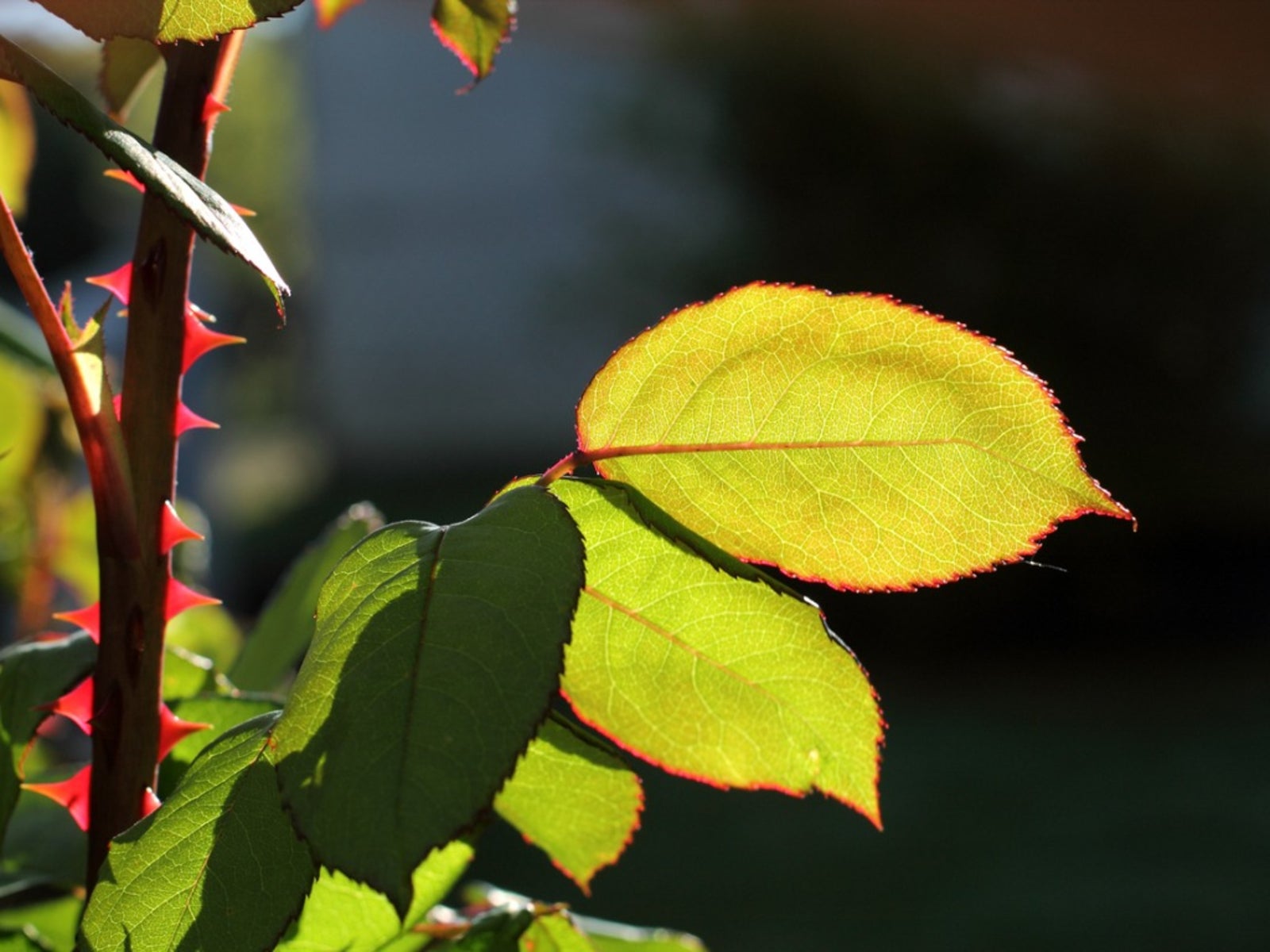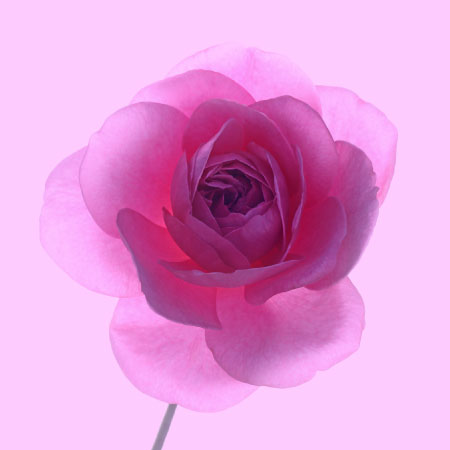No Blooms On Roses - Why A Rose Does Not Bloom


When a rose is not blooming, this can be frustrating for a gardener. There are actually several reasons why a rose bush may not bloom. Keep reading to learn more about why a rose may not bloom.
Possible Causes for Why a Rose Does Not Bloom
Fertilizer - One of the most common reasons for them not blooming well is the use of high nitrogen foods or fertilizers or the overuse of them. The rose bushes tend to generate a lot of foliage and very few to no blooms at all. Use a well-balanced food or fertilizer when feeding your roses so that all of the rose's nutritional needs are met.
Pests - Insects can eat away the little buds as the blooms are forming, thus, there are no buds to develop into blooms.
Environmental stress - A rose bush that is under stress from any source be it heat, cold, wind injury, or insect attacks, can indeed stop a rose bush from blooming.
Light - In some cases, it can have to do with the amount of sunlight the rose bushes are getting. Rose bushes love the sun and need to get a minimum of five hours of sunlight per day to perform at all. The more sunshine they can get, the better the rose bushes will perform.
Water - Keeping your rose bushes well watered helps reduce stress on the overall bush, therefore contributing to bloom production. If the temps have been in the mid to high 90's (35 C.) for several days, the roses can easily become stressed due to the heat and a lack of water makes that stress ten times worse. I use a moisture meter to help me keep an eye on soil moisture around my rose bushes. Stick the probe end of the moisture meter down into the ground by your rose bushes as far as you can in at least three places around the base of each rose bush. The three readings will give you a good idea of the soil moisture around each bush.
Once the temps have cooled off some in the early evening hours, rinse down the foliage with a nice, soft spray of water from a watering wand. This helps relieve the effects of heat stress upon the rose bushes and they truly love it. Just make sure that this rinsing of the foliage is done early enough in the day that it has time to dry off of the foliage and not sit on the foliage all night. The humidity created by leaving the foliage wet for long periods will increase the likelihood of a fungal attack.
Gardening tips, videos, info and more delivered right to your inbox!
Sign up for the Gardening Know How newsletter today and receive a free copy of our e-book "How to Grow Delicious Tomatoes".
Blind shoots - Rose bushes from time to time push out canes that are called “blind shoots.” Blind shoots look like typically healthy rose canes but will not form buds and will not bloom. The cause of blind shoots is not really known but variations in climate may well have something to do with it, along with over-fertilization and lack of enough sunlight. The problem with blind shoots is that they look like a typical and healthy cane. The only difference is that they will not form buds and blooms.
Fixing a Rose Bush That Does Not Bloom
Just as we are not at our best when stressed or feeling a bit off, the rose bushes will not perform at their best under similar circumstances. When any problem such as roses not blooming occurs, I like to start at the bottom and work my way up.
Check the soil pH to make sure nothing has gotten out of balance there, then move onto soil moisture and nutrients for the roses. Check for stressors like insect damage, fungi attacking the foliage or canes, or neighborhood dogs relieving themselves on the rose bushes or close by. Give your roses a good total checkup, even turning the leaves over to see the back sides of the leaves. Some insects and mites like to hide under the leaves and do their damage, sucking nutrients from the roses. Even if you have a drip irrigation system for watering your rose bushes, I recommend using a watering wand to water them at least a couple times a month. This will give you the opportunity to look over each rose bush well.
Finding a problem starting early enough can go a long way in getting it cured and your rose bushes performing well again. Even though the problem can be a combination of the things mentioned above and most frustrating, keep doing your best to de-stress your rose bushes, the rewards are outstanding!

Stan V. Griep contributed to Gardening Know How for many years, and has been a Colorado Native Rosarian for over four decades. He is an American Rose Society Certified Consulting Master Rosarian in the Rocky Mountain District, and a member of the Denver Rose Society, the Loveland Rose Society, and the American Rose Society. He is Gardening Know How's in-house expert on all things roses.
-
 Looking For Plants To Give You The Soft And Fuzzies? Try These 5 Fuzzy Leaf Plant Options
Looking For Plants To Give You The Soft And Fuzzies? Try These 5 Fuzzy Leaf Plant OptionsLovers of texture, drama, silver foliage and tactile plants will adore these special sensory garden additions. These fuzzy leaf plant options will leave you all aglow
By Susan Albert
-
 Get Ready For A Summer Of Hummers! Grow These Full Sun Hummingbird Plants and Flowers
Get Ready For A Summer Of Hummers! Grow These Full Sun Hummingbird Plants and FlowersIf you’re lucky enough to enjoy a sunny backyard, make sure you are maxing out on your pollinator opportunities and grow these full sun hummingbird plants and flowers
By Tonya Barnett